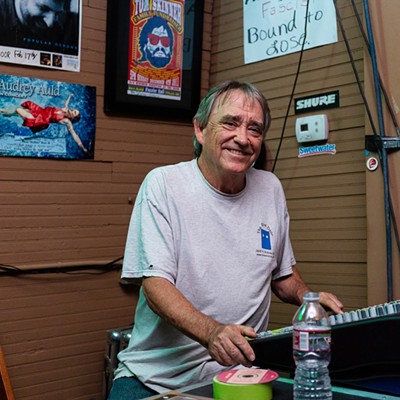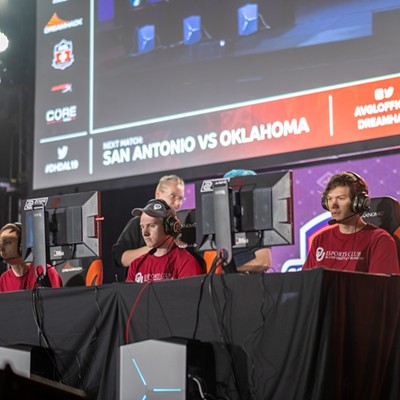
Earlier this year, Occupy helped a local store owner stay in business, aided tornado victims in Woodward, initiated a “buy local” campaign, and successfully lobbied Norman city officials to move their tax revenues to a local bank.
Occupy Tulsa activist Eli Silva said the group does what it can to help “average” people.
“I think all of us believe the average person in this country is hurting,” he said, “and the growing income disparity means we’ll have to band together more than ever before.”
To help families, Occupy encourages micro-economies, bartering relationships, housing cooperatives and other solutions meant to relieve financial pressures.
“Our task moving forward is to build multifaceted solutions,” Silva said, noting use of social networks is crucial. “We’ll continue to stress sustainability, recycling and permaculture as part of that.”
For Woodward tornado victims, Occupy encouraged members to contribute to existing disaster relief services.
The Hippie Store, 2412 N. Shartel, was a word-of-mouth effort.
“We found out that the owner of the Hippie Store was going to have to close due to back taxes,” Silva said. “We designed a campaign and raised $2,500 the first day. She was able to stay in business, and we’ve been able to help her restructure her business for the future.”
Although Occupy is largely a youth-driven movement, it has supporters in all demographics, including 69-year-old retired educator, Mary Francis.
“I support Occupy because I see and admire a group of young adults ready to understand and oppose the power of corporate money and influence peddling,” said Francis, who lives in Norman. “Instead, they advocate and take action for the common good of the community and those things we hold in trust for the next generation and generations to come.”
Francis said Occupy Norman will focus on the Move to Amend, a grassroots campaign to overturn the U.S. Supreme Court’s Citizens United decision.
Silva said keeping a large, diverse group on topic is difficult, but finding common ground is key.
“We have to keep finding things people can relate to or identify with,” he said, “both universal issues like banking, and local issues determined by local groups.”
Hey! Read This:










